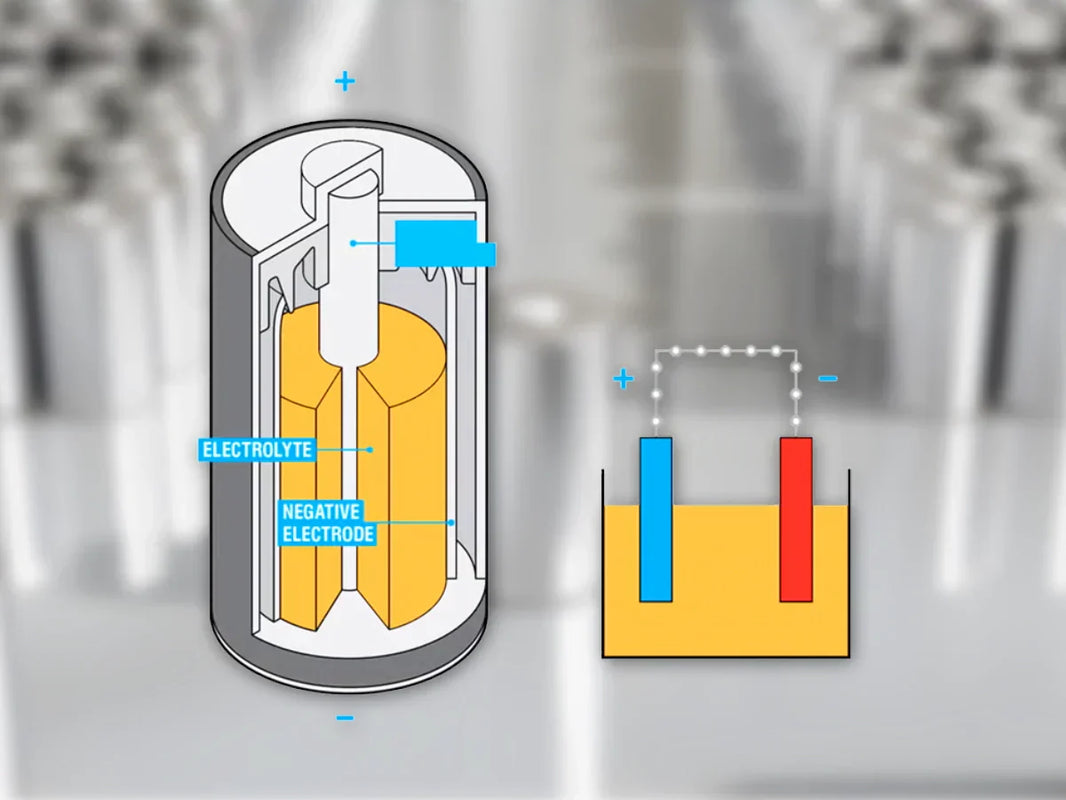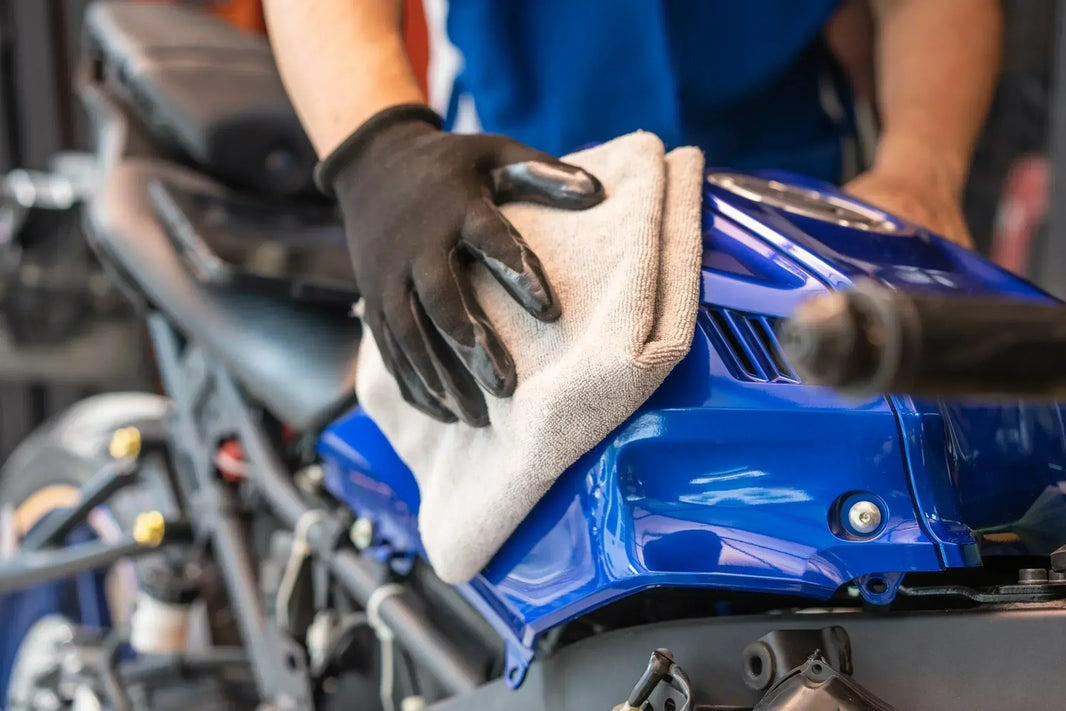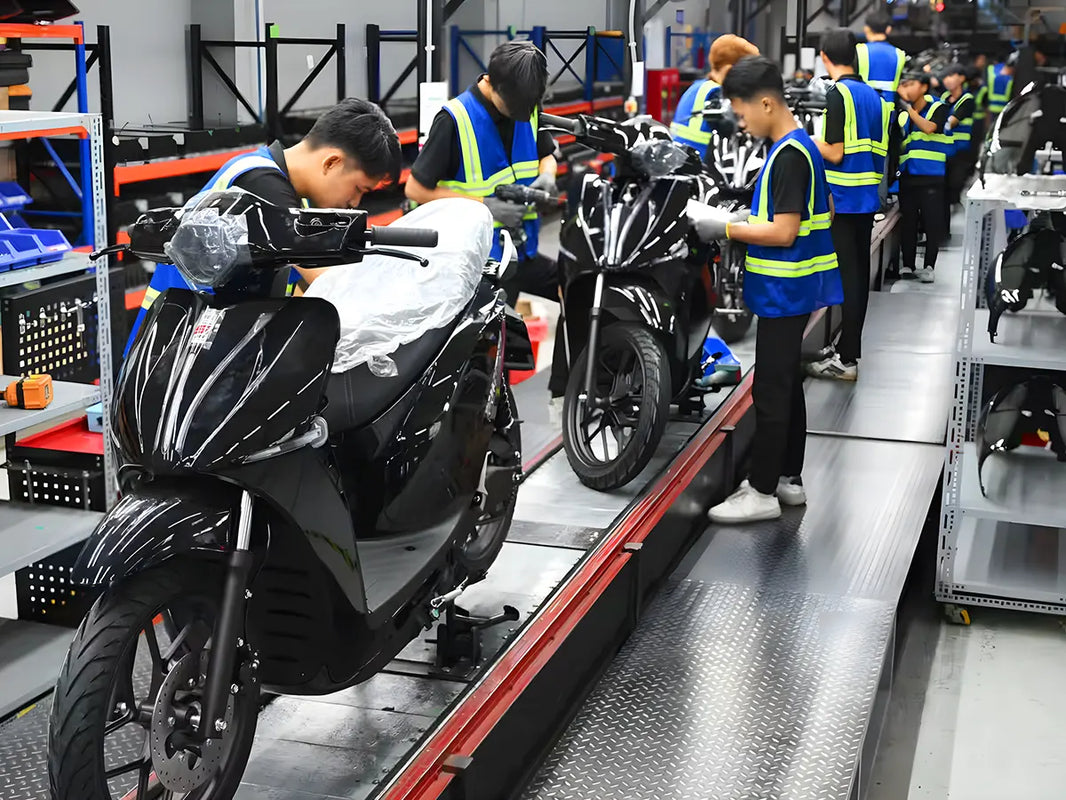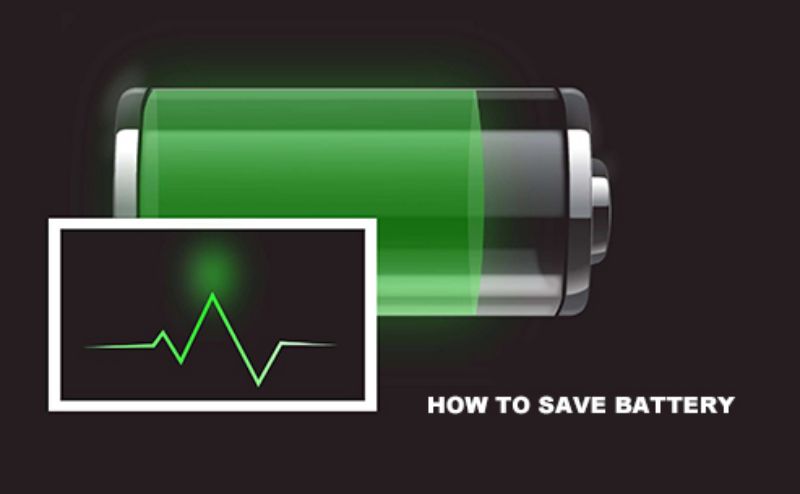
From mobile phones to homes, batteries are supplying us with the electricity we need for our everyday life. All over the years, and with the evolution of technology, the need for more powerful and efficient batteries increased, thus, many types are developed. Batteries can be classified into two major families; single-use and rechargeable. The rechargeable ones are a bit more expensive but better for the environment and are employed in more applications. As for rechargeable one, you may wonder how to save battery to make it last longer. Therefore, many battery companies are working to improve them and the latest technology is the lithium-ion batteries which offer better performance than all existing types.
The most important things to consider while choosing a battery are: the power (voltage) which is related to the device or tool it runs, and capacity (Ah) which determines how long the battery would last before being completely discharged. The lithium-ion batteries are the most recent types and they have more specs so they are mounted on almost everything as they provide stable energy, are lightweight, have low self-discharge, fast charge, and long life. And this article will tell you how to save battery, especially the most common and most efficient one--lithium ion battery
1.How to save battery last longer?
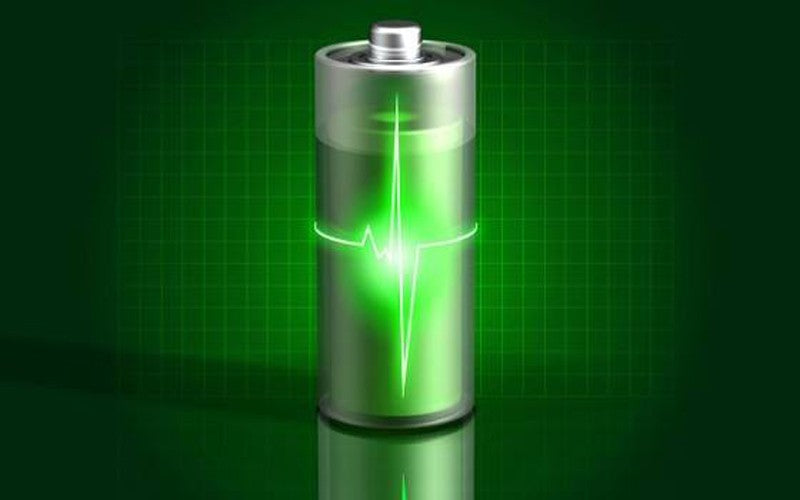
Many electronic devices are powered by lithium-ion batteries. Simple actions and habits could help you maintain your battery in good shape for a longer time. The way you use your device and your settings has a huge impact on battery life. Here are some tips for how to save battery with different aspect.
Screen brightness for example, uses a lot of battery power. To help deal with this, you can set it to automatic. If you're not using an app, just shut it off.
Use the charger supplied by the battery shop to avoid damaging the battery by low or high voltage.Lithium ion battery needs charger designed specifically for lithium-ion batteries. The working temperature of lithium battery is between -20~60℃. High or lowtemperatures can be very dangerous for your lithium-ion batteries. These temperatures could lead to the battery exploding and possibly catching fire.And always remember do not overcharge or overdischarge the battery.
2.How do I keep my battery at 100?
Smartphones use high capacity lightweight lithium-ion batteries whose performances dwindle with age. However, there are some tricks used to keep the battery’s health at optimum for a long time. You have to avoid over discharge, meaning the battery's charge level should never reach 0%. Never use a charger with higher power specs trying to reduce charging time because in the long term that will kill the battery. Reduce screen brightness, shut down WIFI and GPS service when you don't need them, and make sure there isn't any app working in the background. Battery managing systems could help improve battery life, they're designed by manufacturers to control and protect the batteries.
3.Why my battery is draining faster than usual?
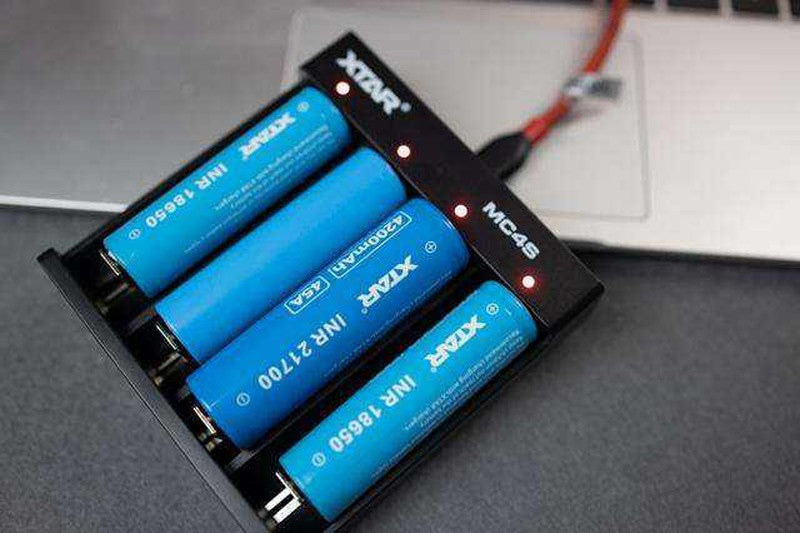
Lithium-ion batteries are known for their effectiveness, therefore, if they are draining fast, something isn’t right. Generally speaking, it is possible that the performance of lithium batteries is degraded, or the capacity is attenuated. There may be two reasons for this situation. One is improper use, which causes irreversible damage to the battery. The other is that due to normal aging, the capacity of a lithium battery decays to 80 percent after reaching its normal cycle life. This usually happens with lithium iron phosphate batteries after 4,000 cycles, which is when you need to replace the battery. If a lithium-ion battery gets overheated that may lead to a fast loss of power so try to avoid that as you can.
4.What causes lithium battery health to decrease?
For a better understanding of the performance loss of lithium-ion batteries, we have to understand how they work. The principle is simple; Lithium ions move between electrodes, known as cathode and anode, through an electrolyte. When they move through the electrolyte some of the ions make chemical reactions that reduce their number that's why batteries have a specific number of life cycle. Temperature, low or high has terrible effects on the health of lithium-ion batteries. Freezing temperature slows down the ion-shuttling between electrodes causing a significant decrease in performance. On the other hand, high temperature breaks the electrolyte and affects the shuttling process.
5.How to save battery for 8 hours?
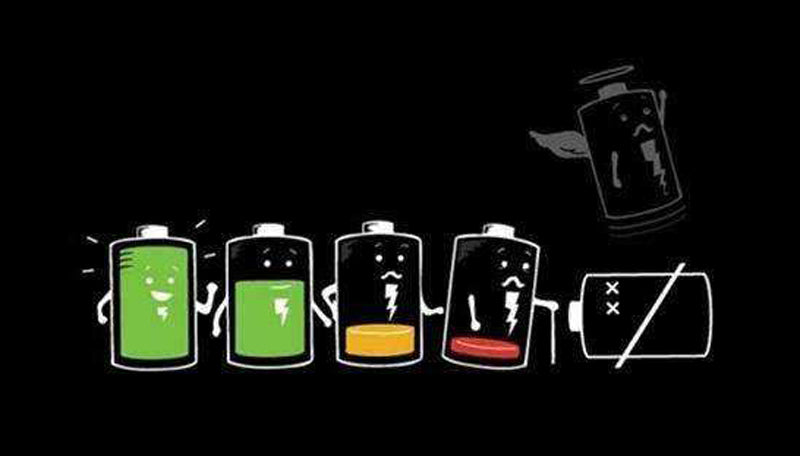
In some cases, we have to keep our devices on for a specific time until we get to plug the charger. Then how to save battery in this condition? Some tricks can help you. The main thing to do is put on the battery saving mode, it has a great effect on reducing consumption. If possible use WiFi and not 4G/5G service, it has less effect on batteries. Reduce brightness and avoid watching videos or making video calls. If you're not expecting calls you can put on plane mode, which saves a lot of power.
6.Can I get my battery health back to 100?
When a lithium-ion battery's health drops below 100%, that could never be recovered. However good practices may help keep that number for a while.
7.What is the proper way to charge a lithium-ion battery?
Lithium-ion batteries are used in many applications; electronic devices, power tools, electric vehicles, and other products. The most important thing about charging the battery is the charger. For most products manufacturers provide chargers that perfectly match the battery's power requirements. As a user, you will just plug in the charger and wait until it finishes. Regarding this point, some experts recommend avoiding reaching 100% to increase life cycles. For other batteries, you may need another type of charger, also known as lipo balancers, these chargers give you the possibility to control current so all you have to do is follow the instructions provided by the battery supplier.
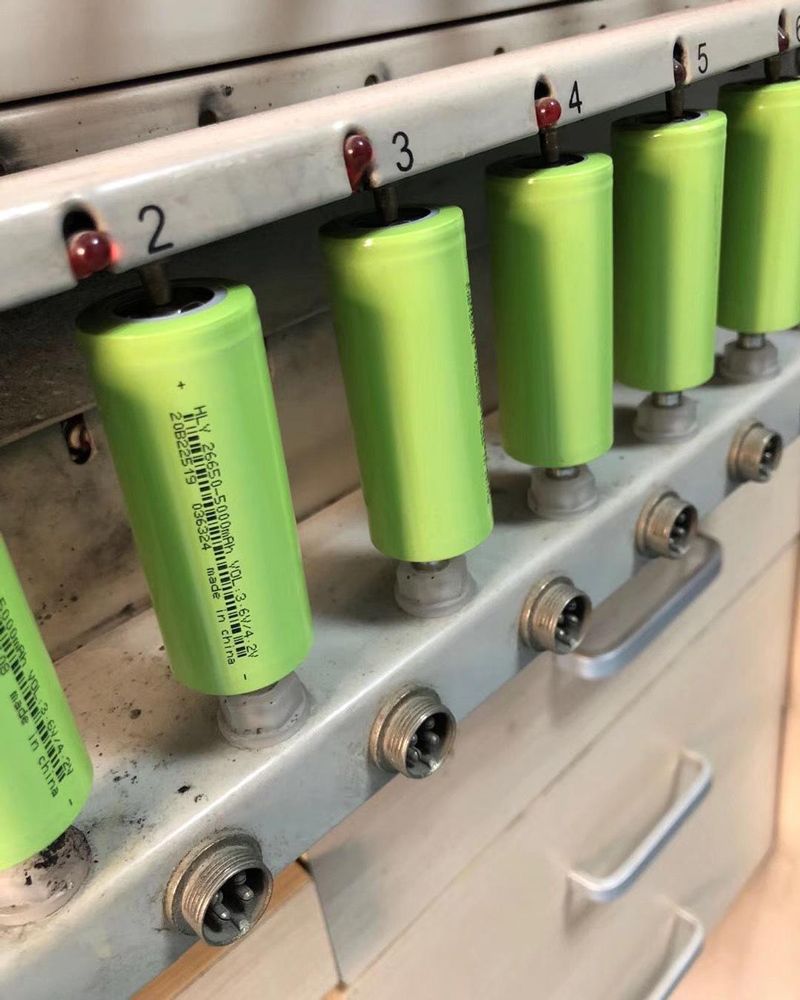
8.How long do lithium batteries last if not used?
Lithium-ion batteries can be stored for a very long time but there are mandatory actions to take in order to conserve them. Batteries should be kept in a well-aerated area to reduce humidity, also the ambient temperature should be about 20°C. If all conditions are satisfied, batteries could be stored for 3 to 6 years.Since the existence of the battery self discharge, it is necessary to charge the batteries before long-term storage, so as not to affect the performance of the batteries due to over-discharge in the storage process. The self-discharge rate of lithium batteries is the lowest among all batteries, about 3.5 percent per month. It is recommended to ensure that the battery is 40 to 60 percent full before storing lithium batteries for a long time, and to charge them every six months.
Conclusion
People often ask how to save battery during the usage. The answer is that Lithium batteries are designed to last for very long time but that depends on the conditions they operate in or how they’re kept on a shelf.



